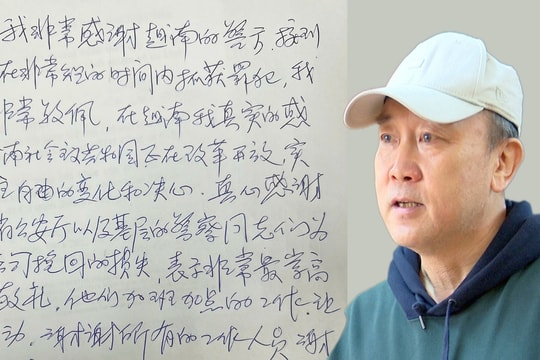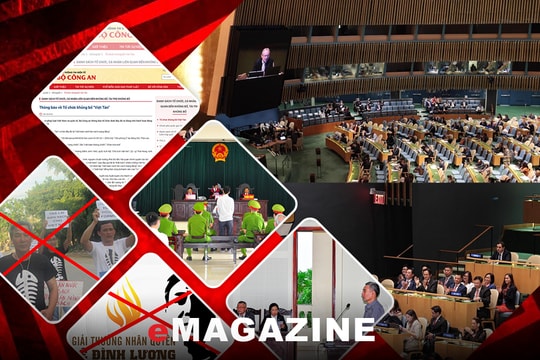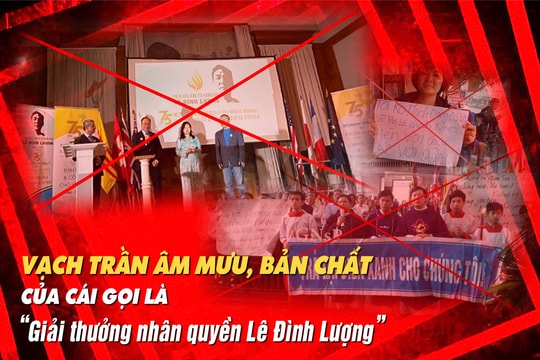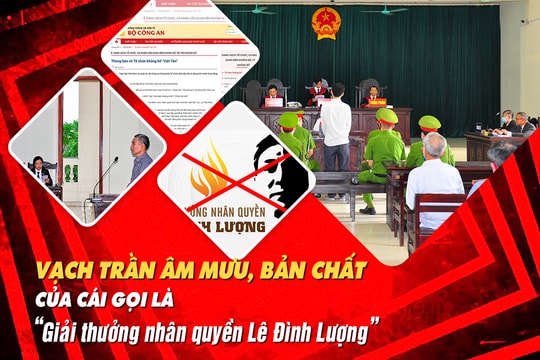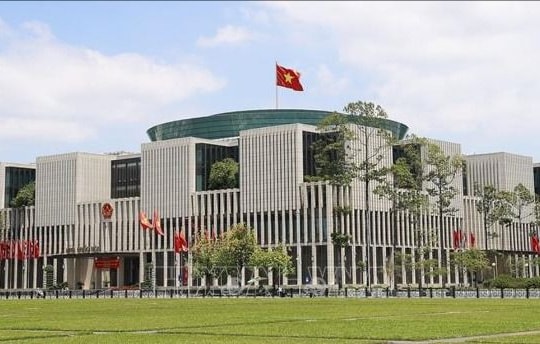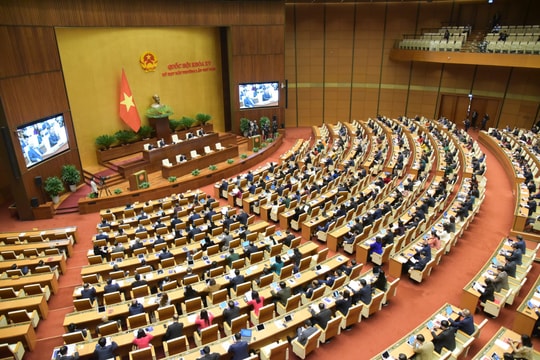Decree on petrol and oil business needs to harmonize the interests of all parties
(Baonghean.vn) - Petroleum is a hot issue today. The Ministry of Industry and Trade is drafting a Decree amending and supplementing Decree 95/2021/ND-CP and Decree 83/2014/ND-CP of the Government on petroleum trading.
Petroleum is a strategic, important and extremely sensitive commodity. The world petroleum market is always affected by economic and political factors. In managing petroleum prices, the regulatory agency must always ensure the goal of meeting the supply, closely following market fluctuations. In addition to ensuring the State management goal, it is necessary to create motivation for enterprises to develop, harmonizing the interests of enterprises and the people.
Therefore, the Decree on petroleum trading will have a great impact on businesses trading in this product, indirectly impacting businesses using petroleum supplies and affecting people's lives.
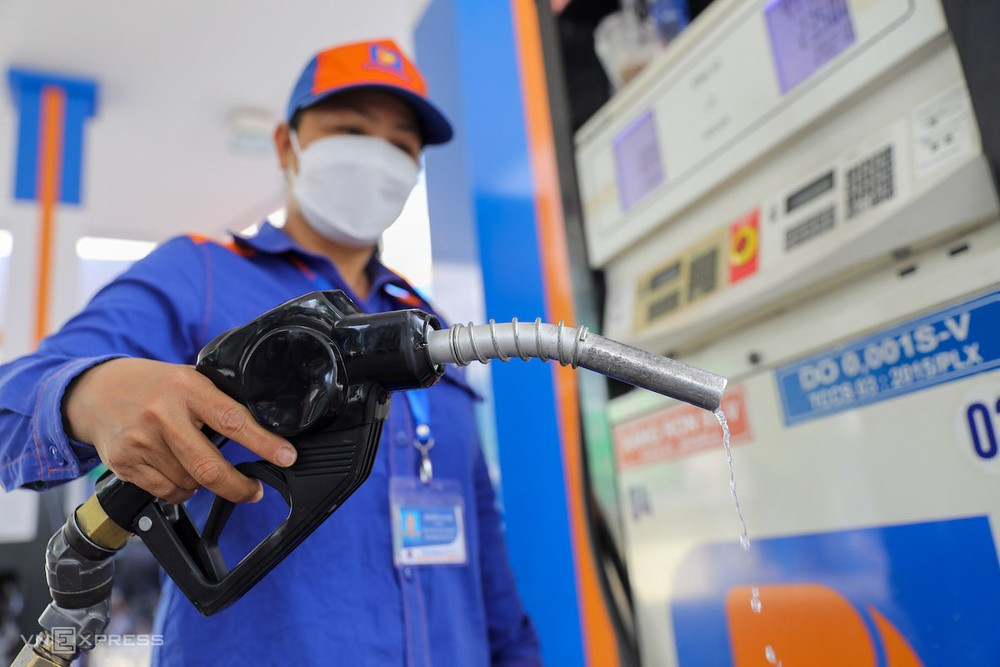 |
Businesses believe that if they are allowed to decide on gasoline prices, the market will be transparent. Illustrative photo |
The Ministry of Industry and Trade has recently prevented retail gasoline shortages by fining gas stations that closed. Other gas stations have remained open but have been deliberately selling small amounts to consumers.
However, this is only a temporary solution and only effective for a short time. If the situation of selling prices lower than costs continues, businesses will not only sell products in small quantities in the short term but will not invest in new products, or even leave the market in the long term. At that time, the country's energy infrastructure will be degraded, affecting production and business activities, people's lives and national energy security.
In the price management method, the Ministry of Industry and Trade proposed two options. Option 1 is that the State continues to set gasoline prices and amend the price calculation formula to ensure correct, sufficient, and timely calculation of costs in the base price. The specific calculation formula will be proposed by the Ministry of Finance. Option 2 is that the State does not set gasoline prices but will be decided by market supply and demand. In Document No. 288/BCT-TTTN dated January 18, 2023, the Ministry of Industry and Trade prioritizes option 1.
Many businesses are concerned about the reasonableness and feasibility of option 1. Accordingly, the spirit of "correctly and fully calculating" costs for businesses has not only been introduced when developing pricing formulas. Decrees 95/2021/ND-CP, Decree 83/2014/ND-CP and previous documents all consider "correctly and fully calculating" costs for businesses as a principle when developing pricing formulas.
However, in practice this has not been done for many reasons: such as calculating these costs is very complicated, many input parameters have no reference basis or are easily reported incorrectly. Moreover, these costs are often recorded according to the accounting year, meaning that we have to wait until the end of the year to have the exact figure, while the actual costs can fluctuate greatly at any time of the year...
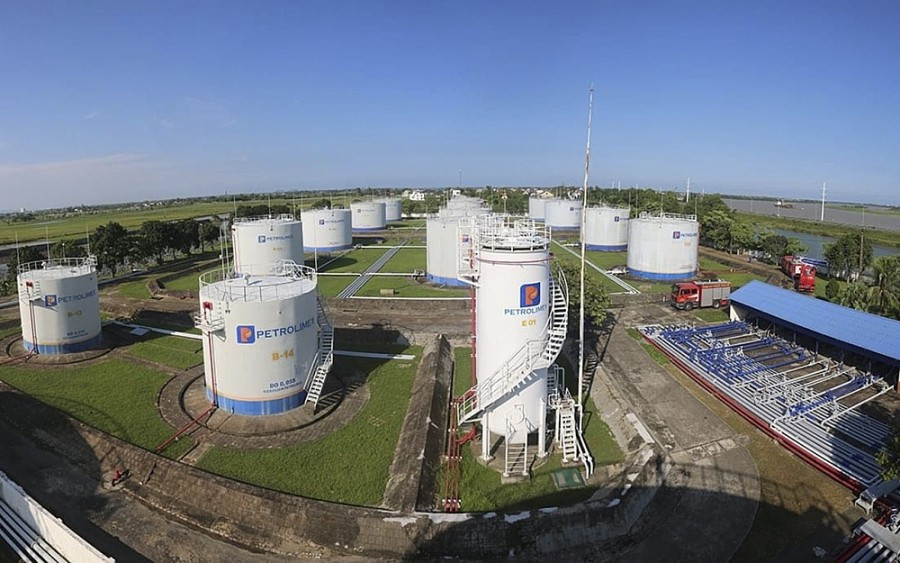 |
Petroleum businesses in Nghe An province have developed plans to supply petroleum. Photo: TH |
For option 2, the selling price is determined by supply and demand, which will depend on the level of market competition. If the market is highly competitive, the selling price will be very close to the cost. On the contrary, if the market has few suppliers or suppliers collude to raise prices, the selling price will be higher than the cost. To overcome this situation, it is necessary to promote market competition by many measures such as allowing gas stations to open close to each other, allowing imports from many sources, lowering barriers to entry into the gasoline market and investigating anti-competitive agreements when there are signs.
According to VCCI, the drafting agency should consider choosing option 2. The reason for choosing is because there are measures to overcome the disadvantages of option 2, while option 1 does not have effective measures to overcome the disadvantages. In the case of this revision, temporarily choosing option 1, there needs to be a roadmap to soon amend according to option 2. Because if this price management mechanism is prolonged, energy security will always be precarious and energy infrastructure will not be invested in and developed.
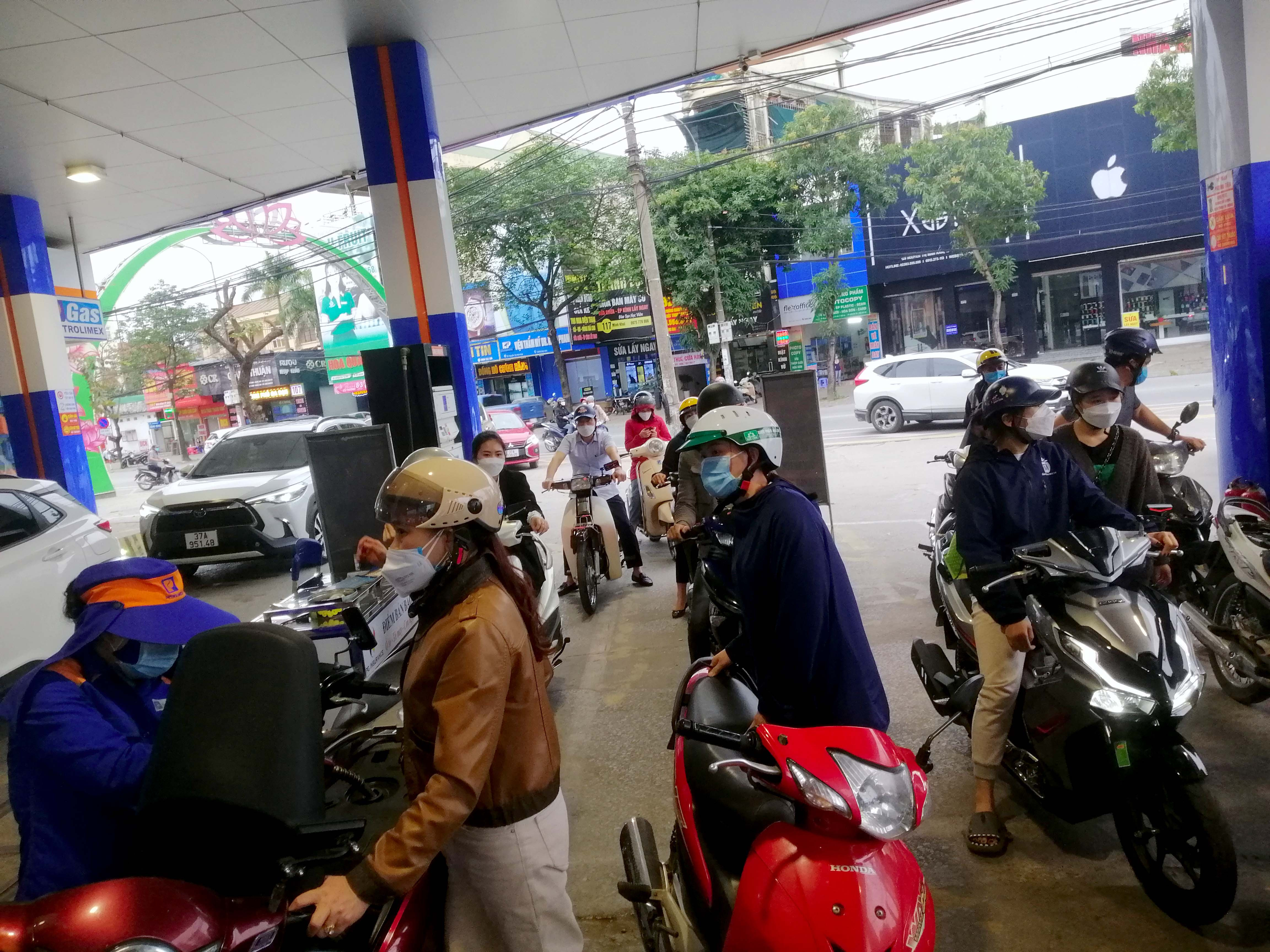 |
People refuel in Vinh city. Photo: Quang An |
Recently, many retail businesses have reported that retail discounts are zero or even negative. This makes retail stores reluctant to sell, but forced to sell because otherwise they will be punished by the authorities. In the case where the operating retail price is lower than the total cost of the supply chain, businesses in the supply chain will have no incentive to do business. Many businesses have recommended that the Government and the Ministry of Industry and Trade must regulate the minimum discount level for retail stores.
Regarding this issue, the Ministry of Industry and Trade proposed two options: Option 1 is not to specify the discount rate. Option 2 is to specify the minimum discount rate in the petroleum business. The Ministry of Industry and Trade chose option 1 because this is a civil relationship, giving the initiative to businesses.
However, with this method, the State is intervening in the market in a half-hearted way. On the one hand, the State respects civil relations by not regulating minimum discounts or maximum wholesale prices and not penalizing wholesalers when they stop selling. On the other hand, the State interferes with the freedom of business of retailers by regulating maximum retail prices and penalizing retailers when they stop selling. It is the inconsistency in this policy that has caused the consequences as presented and analyzed above. Many petroleum businesses believe that in cases where the State does not intervene in prices, allowing market supply and demand to determine prices, there should be no regulation of minimum retail discounts; in cases where the State continues to intervene in retail prices, it is necessary to simultaneously regulate minimum discounts (or maximum wholesale prices) to ensure a synchronous management mechanism.
In addition, the Draft Decree also has many shortcomings such as: The Ministry of Industry and Trade proposed two options, not allowing (option 1) and allowing (option 2) retail gasoline stores to get goods from many sources. In the Submission, the Ministry of Industry and Trade still expressed concern that if such a regulation is against the Commercial Law, it will be difficult to control the quality of gasoline and there will be no unit responsible for supplying gasoline to retail stores when the supply is scarce.
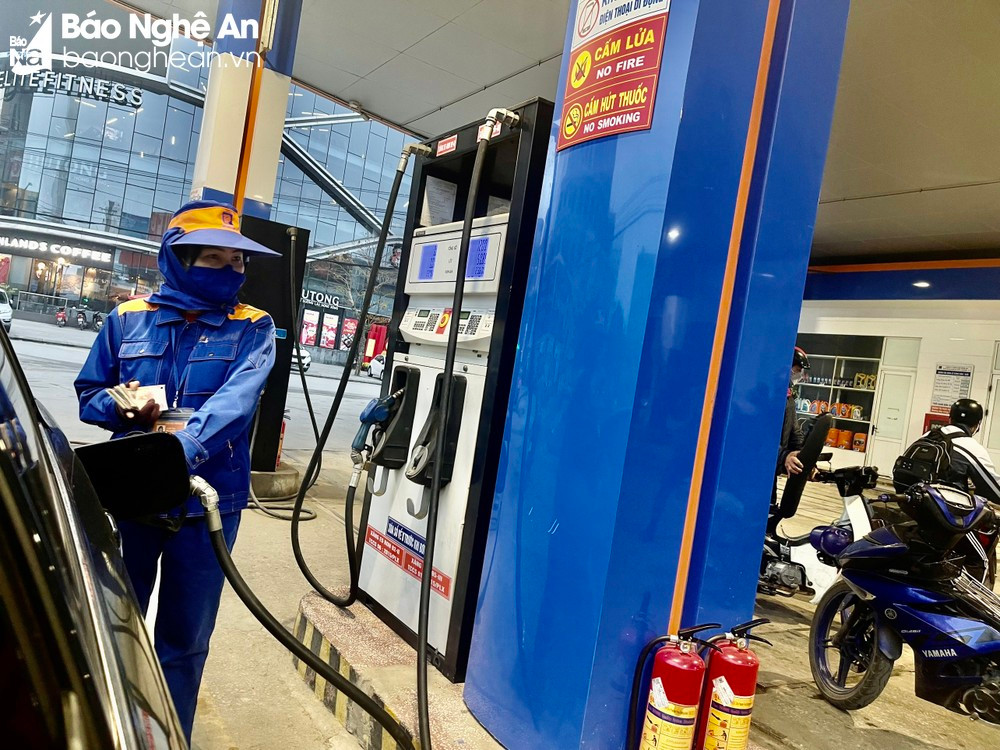 |
The situation of many retail businesses filing to stop selling gasoline is predicted to happen again when businesses continue to operate without profit. Photo: Hoang Minh |
The Ministry of Industry and Trade plans to add a regulation that distributors are only allowed to import goods from 03 main traders and are not allowed to take goods from other distributors. This regulation is explained to be aimed at attaching responsibility to the main traders supplying goods to distributors when the supply of gasoline is difficult. VCCI believes that this concern is not really necessary. To deal with the problem of parties hoarding goods, it is necessary to increase the flexibility of the market to facilitate traders to transfer goods from places of surplus to places of shortage, rather than restricting or hindering the distribution chain.
According to the Ministry of Industry and Trade, the goal of the Petroleum Price Stabilization Fund is to prevent petroleum prices from increasing and decreasing too sharply, thereby helping to avoid expected inflation and psychological inflation. Accordingly, without the Fund, when petroleum prices increase, the prices of other goods will increase, but when petroleum prices decrease, the prices of other goods will not decrease. State agencies expect that the Stabilization Fund will help reduce the fluctuation range of domestic petroleum prices. This is a reasonable desire. However, according to a study, the Fund's management in the past has not achieved this goal.
The reason is that the operator cannot predict the future price of gasoline. Thus, both theory and practice show that the Price Stabilization Fund does not achieve the goal of stabilizing prices as desired by the State. Therefore, many businesses propose to abolish this Fund.
The draft Decree amending Decree 95 and 83 of the Ministry of Industry and Trade this time is very clear, straightforward and receptive. The draft has attracted great attention from the petroleum business community and the need to amend this Decree in the business community is very large. We believe that, in terms of viewpoints in drafting this Draft Decree, it is necessary to be consistent in viewpoints on fair competition, business freedom and transparency. VCCI believes that when meeting this requirement, it will meet the requirements of businesses and people" - Mr. Dau Anh Tuan - Head of the Legal Department (VCCI) said.

